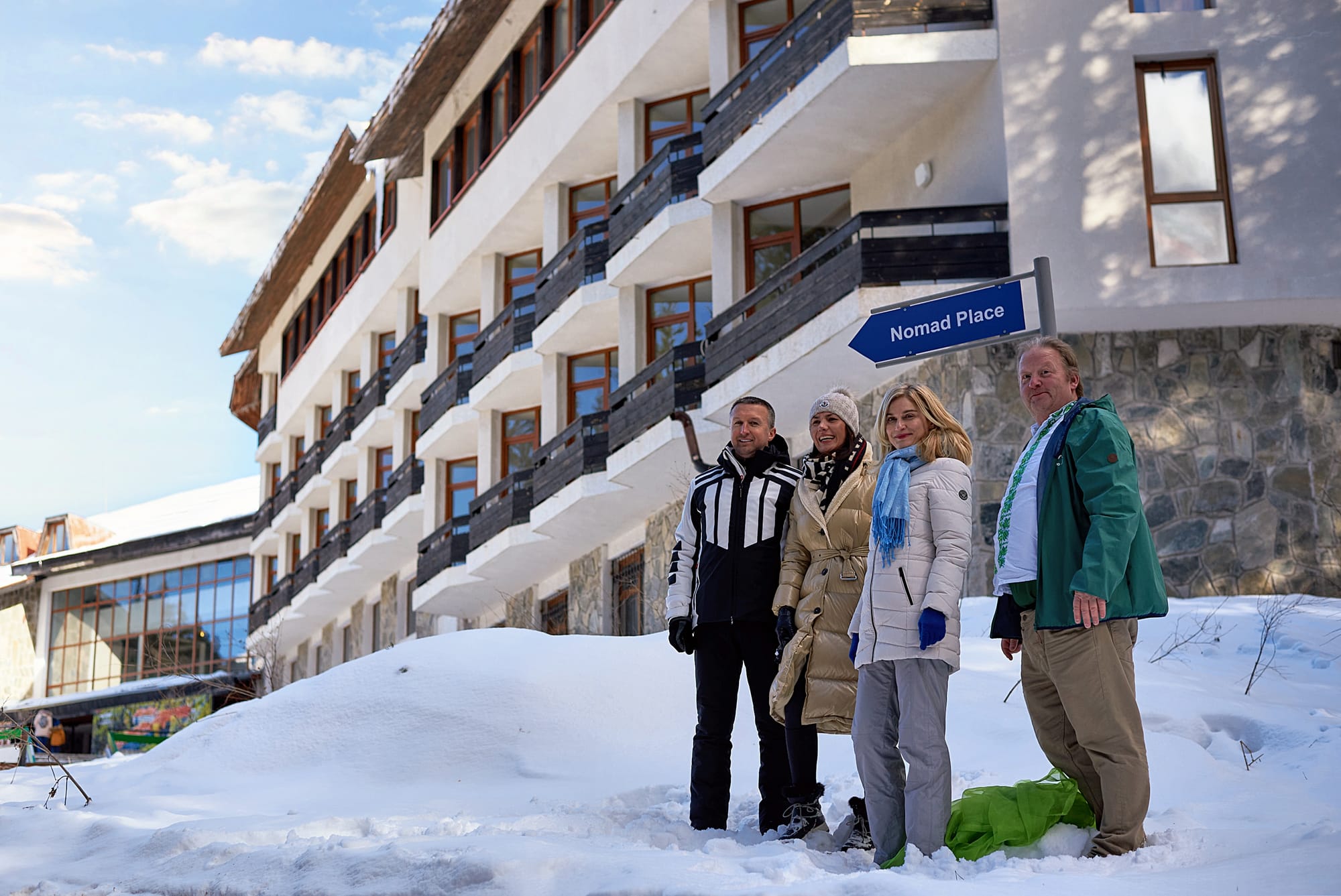In a unique convergence of tourism, remote work, and lifestyle trends, Bulgaria has taken a distinctive step by renaming a street in Semkovo to "Nomad Place." Announced on January 31 by the Ministry of Tourism of Bulgaria and the municipality of Belitsa, this initiative stands as a testament to the country's ambition to carve out a niche for itself in the burgeoning digital nomad market.
Yet, as innovative as it appears, the move raises questions about the practical challenges and implications for local communities and the broader tourism industry.
The Vision Behind "Nomad Place"

The renaming of the street to "Nomad Place" symbolizes Bulgaria's intent to position itself as a haven for digital nomads and remote workers, looking to tap into a demographic of travelers seeking not just leisure but a blend of work and cultural immersion. The initiative is part of a broader strategy to diversify and modernize Bulgaria's tourist offerings, leveraging the country's scenic beauty, rich heritage, and relatively low cost of living.
A Closer Look at Coliving Semkovo
At the heart of this initiative is Coliving Semkovo, a project that aims to transform a vast, underutilized communist-era hotel into a vibrant community for digital nomads.
With amenities tailored to the needs of remote workers set against the backdrop of the Rila mountains, Coliving Semkovo embodies the vision of a "Nomad Utopia." Matthias Zeitler, Chairman of the Coliving Semkovo Cooperative, envisions it as a place where digital nomads can find freedom and community amidst nature.
Challenges in branding a nomad destination
While the "Nomad Place" initiative is undeniably innovative, its implementation is not without significant hurdles. The first major challenge is the integration with the local community. The arrival of digital nomads in Semkovo presents a complex dynamic: how will their presence impact the town's social fabric and economy? There's potential for rich cultural exchanges, yet there's also the risk of creating a divide between the nomads and local residents.
Another critical area of concern revolves around infrastructure. Although the initiative promises the development of new facilities, including a chairlift and additional tourist accommodations, the effectiveness of these projects depends on their thoughtful execution. It's crucial to strike a balance between encouraging tourism and preserving the natural and cultural essence that makes Semkovo appealing in the first place.
The broader challenge, however, extends beyond Semkovo to the branding of Bulgaria's tourism sector. "Nomad Place" introduces a dilemma in regional branding.
Bulgaria, with its already popular digital nomad hub in Bansko, faces the complex task of marketing different locales to the same demographic. Each area, be it Bansko or Semkovo, offers unique attractions but also competes for attention within the national strategy to attract digital nomads.
This scenario raises questions about resource allocation, thematic consistency in marketing, and the potential for inter-regional rivalry.
Ensuring long-term attractiveness is key. In a rapidly evolving global market, with more countries vying for the attention of digital nomads, Bulgaria must continuously innovate and adapt.
The success of "Nomad Place" and similar initiatives will be measured not just by immediate influxes of remote workers but by sustainable growth, community integration, and the ability to remain competitive on the world stage. How Bulgaria manages these aspects could set a precedent for other nations looking to capture the digital nomad market while fostering local development and cultural exchange.
Looking Ahead
The creation of "Nomad Place" is undeniably a bold step for Bulgaria, reflecting an innovative approach to tourism that embraces the digital age. As the project unfolds, it will be crucial to monitor its impact on the local economy, community, and the environment. The success of "Nomad Place" could very well determine the future trajectory of tourism in Bulgaria, setting a precedent for others to follow or a lesson in the complexities of catering to the digital nomad demographic.



